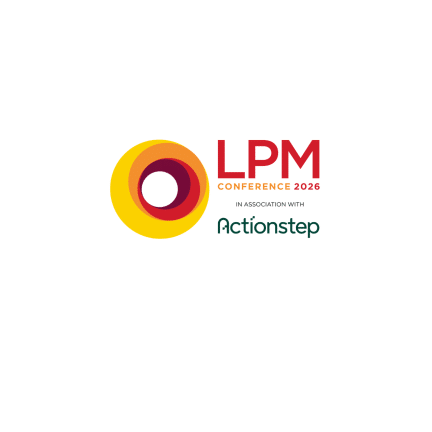
How integrated legal tech platforms can help you stay ahead of the competition
Gary Shaw at Accesspoint Legal says shared data and application ecosystems within an integrated legal platform can help SME firms keep up with the competition and reach tech utopia.
The legal world has now become more competitive, with firms committing to provide the best experience for their respective teams and, more importantly, their clients. Legal market IT providers have acknowledged this desire by responding with an array of new products and solutions, all aimed at serving the forward-thinking law firm.
For some larger firms, this response has been a much-needed blessing that consists of trial and error until the correct mix of products is found. However, for many SME firms, with little wiggle room to experiment, long implementation timeframes and no space for costly errors, knowing the right formula and understanding how to truly maximise the benefit of it all is vital. Without it, a disjointed collection of investments can occur and your end goal of satisfying colleagues and your clients can be pushed further away.
With this in mind, how can SME firms successfully integrate the disparate and complex suite of services and applications available today and have them work together?
The answer, although not yet fully embraced by the legal world, is making its way into the market and is sure to be the future for the modern law firm – we’re talking about the concept of secure and dedicated cloud-based legal platforms.
The vision for this platform is to house a collection of intelligent, bespoke and innovative products under one ‘umbrella’. When built correctly, a legal platform can create a beneficial ecosystem of various tools and apps that interconnect, helping the firm not only modernise its processes but also revolutionise the way it operates. This utopia-like environment will be capable of bringing much to help the main areas of law firms that are constantly under review, such as team productivity, billing and reports, security, and community collaboration/accessibility.
Take a moment to imagine how a legal platform will enable law firms to be more efficient by using application programming interfaces (APIs). When various apps and tools are built to work alongside each other they can input data into the platform and output valuable information to your firm. That makes it easier to retrieve important information such as matter updates, project status reports, and knowledge and insights about cases, as well as pull billing information, documents, reporting and more. When joined up with automated legal software, your firm will be able to use apps centred around reducing the amount of manual work and data-handling within a firm. The result is major efficiencies and cost savings, as well as an improved end-user experience. All of this will support and translate into what your clients receive as a by-product of a much smarter working process model.
Getting this approach to building your new, fully-integrated platform right is imperative, so with this in mind, consider contacting a legal IT specialist. They will be trained in this department and be heavily equipped to not only integrate the platform into your firm, but also ensure that the internal and third-party apps used are designed around what your firm needs, creating a bespoke experience for you and your clients.
Moreover, throughout the past year, we have been pushed to remote working conditions and, even as lockdown ended, research showed that many firms still aim to work from home. Without a doubt, security should now be at the forefront of all SME firms’ lists of priorities, but with the overload of different apps within the market and the lack of interconnectivity, plus all of them having their own set of compliance issues and installation processes, the chances of a breach within your firm’s defences can be significantly increased. Pair that with the ever-growing use of email correspondence and increased device monitoring and the chances of lost or compromised user accounts is ever more likely and your firm could be a sitting duck for phishing attacks.
Save yourself the expensive trouble of being a victim of a hacker who was at the right place at the right time and embrace the future with a portal, allowing your firm to neutralise the possibility of any attack as it provides a highly secure hub for both client and solicitor activities, promoting your firm to the forefront of legal IT advancement and innovation.
Utilising various communication apps such as Microsoft Teams within a legal platform will also help improve client relations and open the doors to allowing more efficient accessibility and collaboration among your staff and your clients. This is a game-changer for firms wishing to stay on top of cases and be attentive to client needs, as an instant flow of faster, seamless communication is open, creating a much-needed network effect for your working community.
Consider your options now as the future of the legal industry continues to expand alongside technology. Legal platforms are quickly becoming the most viable solution to facilitate this transition.



